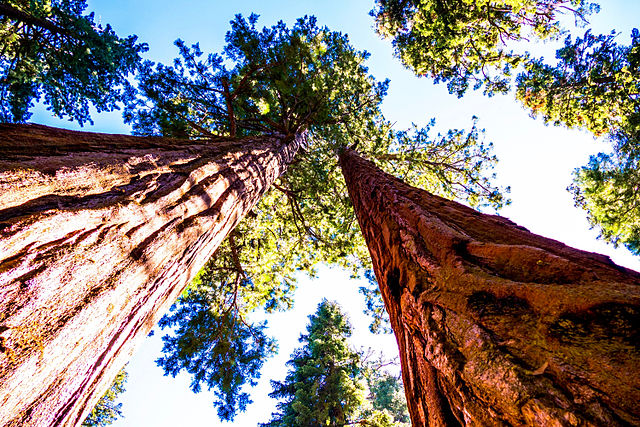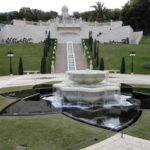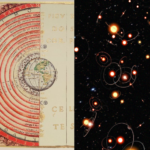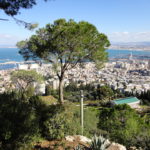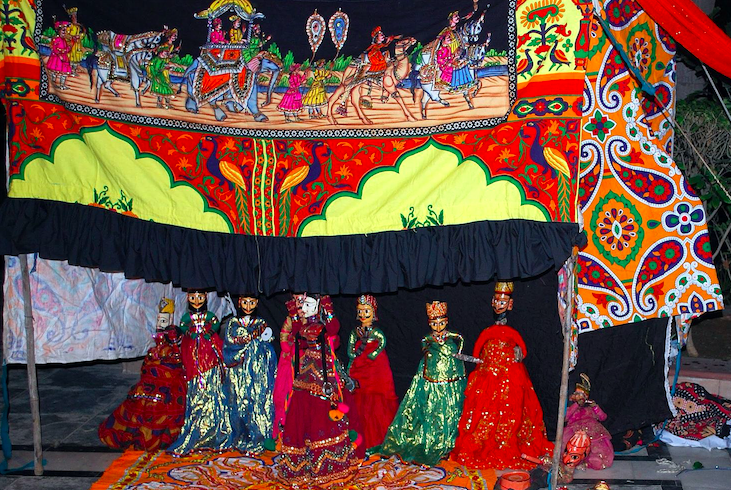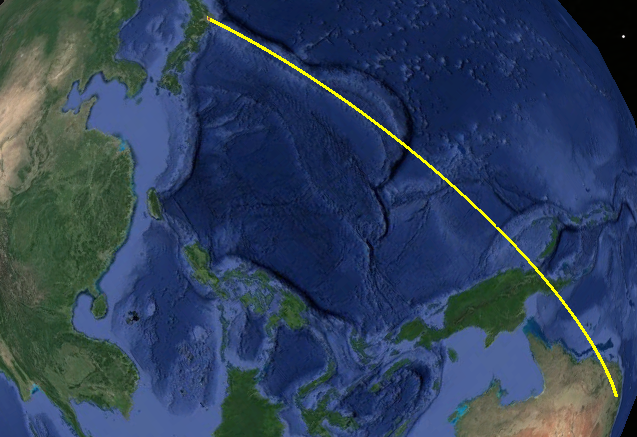
A Mystic Journey – The Seven Valleys

Written for a judge and Sufi Shaykh, the Seven Valleys is described by Shoghi Effendi as Bahá’u’lláh’s greatest mystical work. The Seven Valleys is not easy to write about and defies superficial description. Only in travelling the journey can its meaning unfold.
As Bahá’u’lláh writes in another of his mystical works, the Four Valleys:
The story is told of a mystic knower, who went on a journey with a learned grammarian as his companion. They came to the shore of the Sea of Grandeur. The knower straightway flung himself into the waves, but the grammarian stood lost in his reasonings, which were as words that are written on water. The knower called out to him, “Why dost thou not follow?” The grammarian answered, “O Brother, I dare not advance. I must needs go back again.” Then the knower cried, “Forget what thou didst read in the books of Síbávayh and Qawlavayh, of Ibn-i-Ḥajíb and Ibn-i-Málik, and cross the water.”[1]
The metaphor of the spiritual journey is an ancient one, familiar to the cultural context in which Bahá’u’lláh wrote, and Seven Valleys itself was written shortly after Bahá’u’lláh’s physical ‘journey in the wilderness‘ in the mountains of Kurdistan. The metaphor of seven valleys is one which appears in different forms in Sufi literature – most notably Attar’s Conference of the Birds. It also appears in different forms in Baha’u’llah’s writings, for example in Gems of Divine Mysteries. George Townshend’s beautiful and striking meditation on the Seven Valleys is worth repeating here.
And when the Seven Valleys are traversed to the end; and the Goal is won and Thy Paradise attained, what will remain for any servant of Thine, but to begin his journey again and travel on and on for ever through infinitudes of wisdom and love, passing from light to fuller light, from Truth to further Truth, from Beauty to a more perfect Beauty?[1]
I will content myself with setting out a brief extract from each Valley of the Seven Valleys.
The Valley of Search
The steed of this Valley is patience; … if he strive for a hundred thousand years and yet fail to behold the beauty of the Friend, he should not falter. For those who seek the Ka‘bih of “for Us” rejoice in the tidings: “In Our ways will We guide them.” …[2]
The Valley of Love
… O My Brother! Until thou enter the Egypt of love, thou shalt never come to the Joseph of the Beauty of the Friend; and until, like Jacob, thou forsake thine outward eyes, thou shalt never open the eye of thine inward being; and until thou burn with the fire of love, thou shalt never commune with the Lover of Longing. … [3]
The Valley of Knowledge
… In the ocean he findeth a drop, in a drop he beholdeth the secrets of the sea.
Split the atom’s heart, and lo!
Within it thou wilt find a sun.
The wayfarer in this Valley … at every moment saith: “No defect canst thou see in the creation of the God of Mercy: Repeat the gaze: Seest thou a single flaw?” …[4]
The Valley of Unity
… A pure heart is as a mirror; cleanse it with the burnish of love and severance from all save God, that the true sun may shine within it and the eternal morning dawn. Then wilt thou clearly see the meaning of “Neither doth My earth nor My heaven contain Me, but the heart of My faithful servant containeth Me.” And thou wilt take up thy life in thine hand, and with infinite longing cast it before the new Beloved One. …[5]
The Valley of Contentment
O friend, till thou enter the garden of such mysteries, thou shalt never set lip to the undying wine of this Valley. And shouldst thou taste of it, thou wilt shield thine eyes from all things else, and drink of the wine of contentment; … For on this plane the traveler witnesseth the beauty of the Friend in everything. Even in fire, he seeth the face of the Beloved. …[6]
The Valley of Wonderment
God, the Exalted, hath placed these signs in men, to the end that philosophers may not deny the mysteries of the life beyond nor belittle that which hath been promised them. For some hold to reason and deny whatever the reason comprehendeth not, and yet weak minds can never grasp the matters which we have related, …
How can feeble reason encompass the Qur’án,
Or the spider snare a phoenix in her web? …[7]
The Valley of True Poverty and Absolute Nothingness
This station is the dying from self and the living in God, the being poor in self and rich in the Desired One. Poverty as here referred to signifieth being poor in the things of the created world, rich in the things of God’s world. …
O My friend, listen with heart and soul to the songs of the spirit, and treasure them as thine own eyes. For the heavenly wisdoms, like the clouds of spring, will not rain down on the earth of men’s hearts forever; …[8]
(This article is the 71st in a series of what I hope will be 200 articles in 200 days for the 200th anniversary of the birth of Bahá’u’lláh. The anniversary is being celebrated around the world on 21 and 22 October 2017, The articles are simply my personal reflections on Bahá’u’lláh’s life and work. Any errors or inadequacies in these articles are solely my responsibility.)
